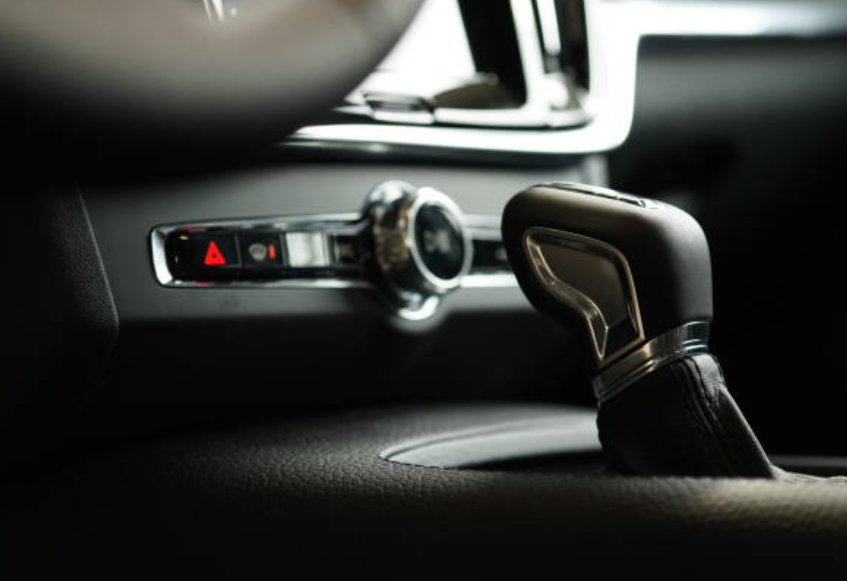What To Do When Your Car Is Stolen?
Discovering your vehicle stolen is distressing. In this guide, we'll walk you through the necessary steps, from contacting law enforcement to filing insurance claims. Understanding these procedures enhances the chance of recovery.
While recovering a stolen vehicle seems daunting, knowing the right steps is crucial. From contacting law enforcement to inspecting your car upon recovery, each plays a crucial role. We'll also explore preventive measures to safeguard your vehicle and minimize vulnerabilities.

Steps To Follow When Your Vehicle Is Stolen
While there's no guaranteed method to ensure the safe return of your stolen vehicle, these steps can help maintain composure and expedite the investigation and insurance processes.
Contact law enforcement immediately.
- Once you've taken a moment to confirm that your car hasn't been towed or misplaced, promptly notify the police.
Provide them with:
- Make, model, year, and color of your vehicle
- Any distinguishing features
- License plate number
- Vehicle identification number (VIN)
- Details of any GPS or tracking systems installed
- When and where did you last see your car?
Inform Your Car Insurance Provider
File a theft claim with your insurer within 24 hours of the incident or as soon as feasible after filing a police report. Promptly provide any additional information requested by your insurer. If you're a Liberty Mutual customer, you can conveniently file a claim online within minutes.

Additional information your insurer may require includes:
- A list and description of any valuables inside your car, such as electronics, workout gear, textbooks, or tools
- A copy of the police report
Prepare for the Possibility of Non-Recovery
Approximately half of stolen vehicles are never found. Many are dismantled for parts, making recovery challenging. If your car is returned, it may be damaged or missing components.
If your vehicle is stolen and subsequently found, there are several important steps to take:
Firstly, assess if any personal belongings are missing. Items not integral to the car, such as phones or laptops, may not be covered by comprehensive insurance. However, coverage may be available through renters insurance or a homeowners policy.
Next, have your car inspected by a claims adjuster to identify any damages incurred during the theft. You won't be held responsible for these damages if you promptly notified your insurance company after the theft occurred.
Once the insurer's deductible is met, you'll receive a payment covering the cost of the damages, minus the deductible. If the car is under financing or leasing arrangements, this amount will be directed to the respective financing or leasing entity. If you own the vehicle outright, you can negotiate with your insurer for a higher settlement amount.
Maintaining a record of third-party assessments for your vehicle can strengthen your negotiation position. If such records are unavailable, you can research similar cars online to gauge the value of your stolen vehicle.

While car theft isn't your fault if it happens, there are measures you can take to reduce the risk of it occurring again.
- Employ anti-theft devices: Consider installing a steering wheel lock, car alarm, GPS tracker, or vehicle immobilizer. These devices not only deter thieves but may also qualify you for insurance discounts.
- Choose safe parking spots: opt for well-lit, secure parking areas and avoid leaving your car unattended in isolated locations for extended periods.
- Conceal valuables: Keep electronics, bags, and shopping items out of plain sight to avoid attracting potential thieves.
- Exercise caution: Always lock your car and take your keys with you, even for brief absences.
- Stay updated on security measures: Kia and Hyundai owners, in particular, should stay informed about security updates and options offered by these automakers, as their vehicles are frequently targeted by thieves.

Can I ask nearby businesses for surveillance footage?
It's worth a shot, but some may be reluctant. Still, asking around might yield helpful information.
I'm unsure about my car's details. How can I identify it?
Not everyone's a car expert. Make sure to know the make, model, year, color, and license plate number. If your car is missing, check your insurance card or registration for details.
I think I know who stole my car. Should I search for it myself?
It's tough losing your car, but safety comes first. Contact the police rather than taking matters into your own hands.

While the recovery of a stolen vehicle can be a relief, it's crucial to proceed with caution and diligence. By promptly contacting law enforcement, informing your insurance provider, and thoroughly inspecting your vehicle upon its return, you can streamline the recovery process. Additionally, taking proactive measures to prevent future thefts and staying informed about security updates can help safeguard your vehicle and mitigate risks. Remember, prioritizing safety and following established protocols are paramount in handling incidents of car theft.
Click on the following link to read another blog post: Why Your Burble Tune Is Bad?














